Tag: academic freedom
Presented By:

About the Institute
No matter your role within a college or university we all must contend with external forces endeavoring to influence the direction of the institution. These pressures include legislative efforts to undermine academic freedom and the protections that tenure provides, advocacy groups wielding the threat of a lawsuit, and donors who use financial incentives to exert control. These factors often result in a chilling effect on expression and dialogue, which is just beginning to be documented, and the ability to teach and learn in a productive environment.
“Advancing the Mission of Higher Education in a Polarized Environment” will take place on October 26-27 at or near the University of California – Irvine. The four sessions “Mission and Public Good,” “Academic Freedom,” “Legal and Political Threats,” and “Strategically Navigating the Current Climate,” will be facilitated by experts in the field and will be dynamic and interactive (see below for details).
If selected, participants’ costs for travel, lodging and meals will be covered.
Who Should Apply
This institute will bring together legal counsels, faculty members, and administrators from a variety of institutions to explore strategies for working together to advance the mission of higher education in nationally and locally politically polarized environments. We are interested in representatives from a wide variety of institutions, including Historically Black Colleges and Universities (HBCUs), Minority Serving Institutions (MSIs), regional colleges, community colleges, and large public institutions.
How to Apply
- A current curriculum vitae/resume
- Answer the following questions (up to 500 words each):
- In what ways do you see the local, regional, or national political climate affecting your work at your institution?
- What do you hope to get out of your participation in the Institute?
- What do you bring in terms of experience and/or expertise that will benefit other institute participants’ learning?
We are no longer accepting applications. If you are interested in receiving updates about future fellowship opportunities, please share your email here:
Institute Facilitators

Liliana Garces
Professor, Department of Educational Leadership and Policy, University of Texas at Austin
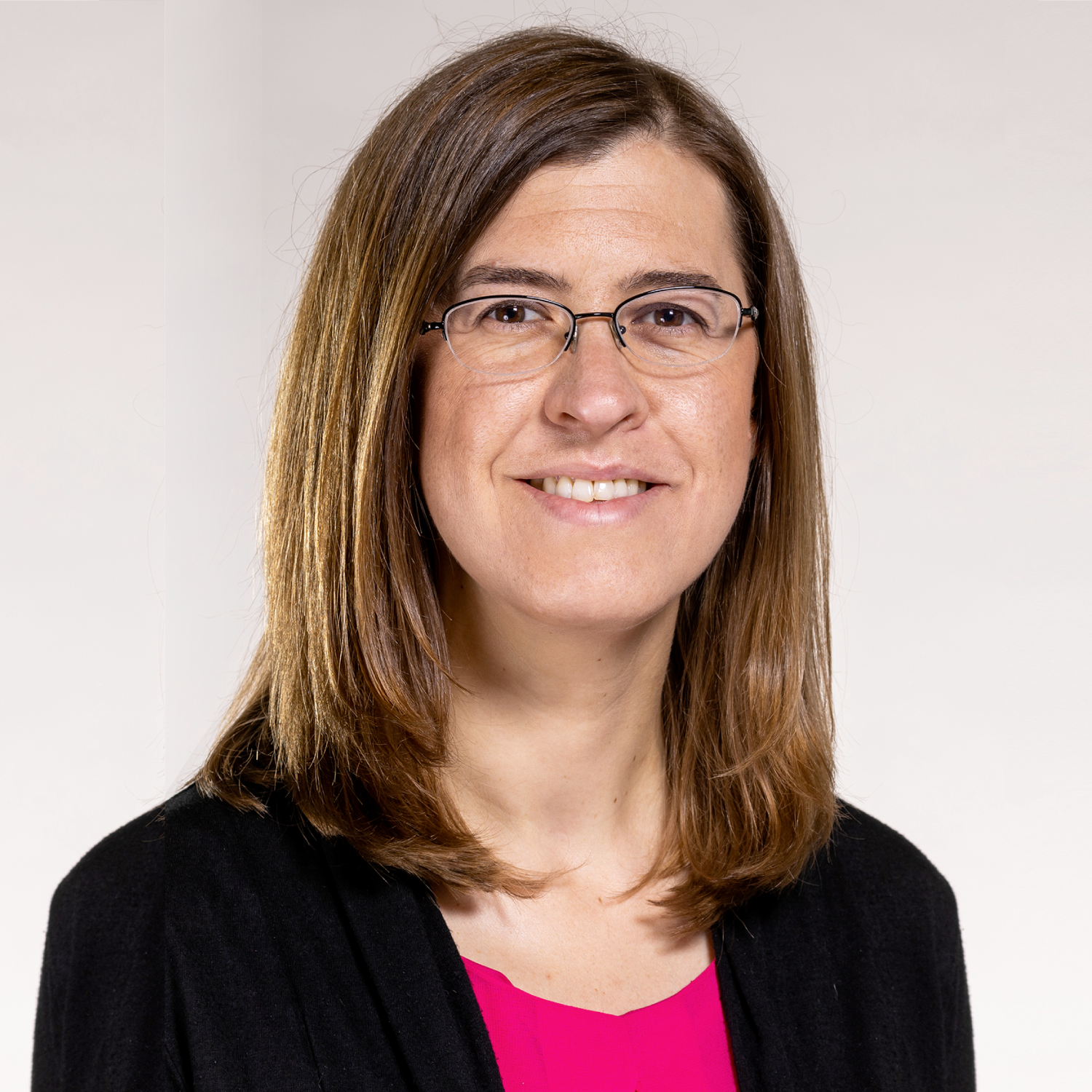
Elizabeth Niehaus
Associate Professor of Educational Administration, University of Nebraska - Lincoln
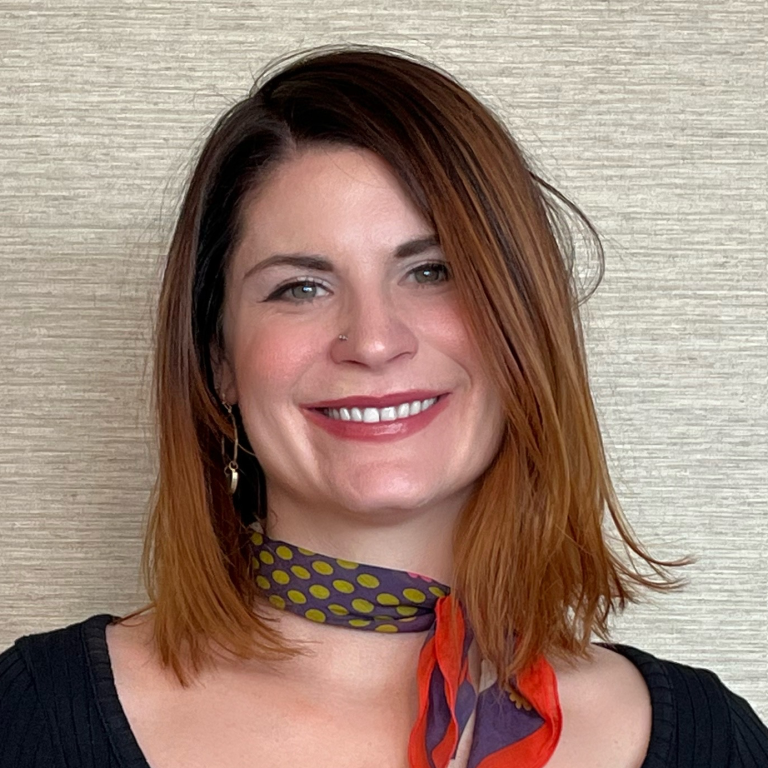
Cecilia Orphan
Associate Professor of Higher Education, University of Denver and Director of Partnerships for the Alliance for Research on Regional Colleges (AARC)
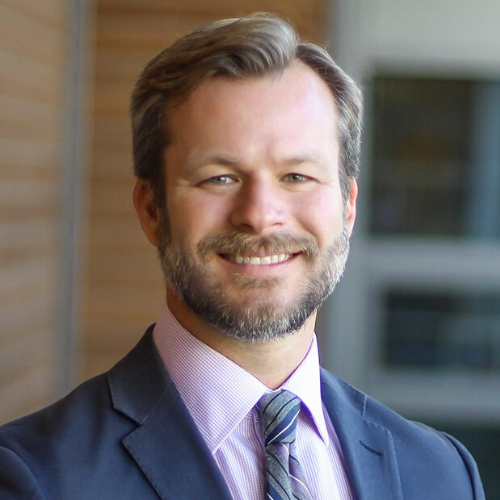
Brian Soucek
Professor of Law and Chancellor's Fellow, UC Davis
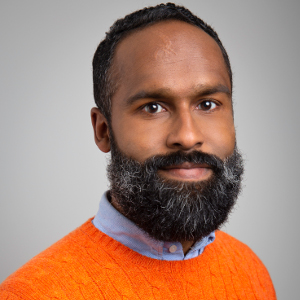
Emerson Sykes
Senior Staff Attorney, ACLU Speech, Privacy and Technology Project
Our sixth class of Fellows represents professors, staff and graduate students from a broad range of disciplines and backgrounds, selected from the largest number of fellowship applications received to date. This cohort’s research focuses on higher education’s role in preparing scientifically literate voters, diversity professionals’ views on political bans and marginalized students’ experiences with biased and hateful speech, among other topics. Their projects include developing educational materials and programs that can serve as a roadmap to safeguarding and encouraging the robust exchange of ideas while simultaneously upholding the institutional values of equity and inclusion.
Learn more about the 2023-2024 class of Fellows and their work by watching this brief video:
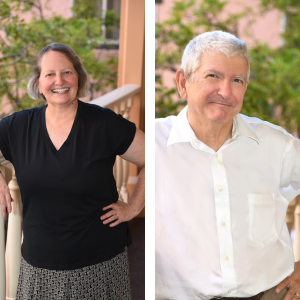
Susan Balter-Reitz & Michael Bruner
Professor of Communication, Montana State University Billings; Professor of Communication Studies, University of Nevada Las Vegas
Research Title: "The Performance of Argument in University Free Speech Legislation: Lessons for University Leadership in Public Communication"
Read and download Susan and Michael’s work
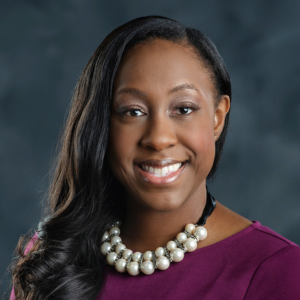
Kaleb Briscoe
Assistant Professor, University of Oklahoma
Research Title: "Dismantling DEI in Higher Education: An Analysis of How Diversity Professionals View Political Bans"
Read and download Kaleb's work

Eliza Epstein
Postdoctoral Fellow, University of Texas at Austin
Research Title: "Campus Civic Engagement during Turbulent Times: Student Responses to State Based Attacks on DEI and Academic Freedom"
Read and download Eliza's work
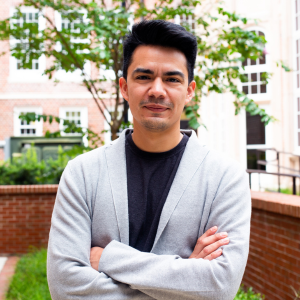
Frank Fernandez
Associate Professor, University of Wisconsin, Madison
Research Title: "Can Universities Support Civic Engagement through Science Literacy?"
Read and download Frank's work
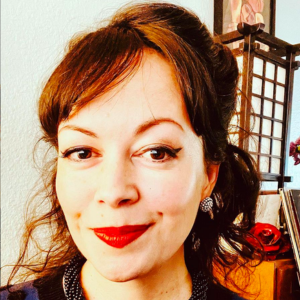
Nina Flores — Senior Fellow
Associate Professor, California State University Long Beach
Research Title: "Resources for Supporting Faculty and Staff During Incidents of Targeted Harassment"
Read and download Nina's work

Sara Johnson
Assistant Professor, Tufts University
Research Title: "Role Models as a Motivator of College Students’ Civic Engagement"
Read and download Sara's work
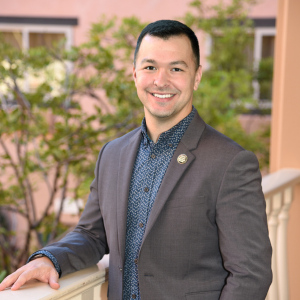
Alex Kappus
Account Executive for Student Success, Credo Higher Education Consulting
Research Title: "Cultivating a Culture of Civic Engagement and Democratic Learning: Examining Institutional Responses to the California Student Civic and Voter Empowerment Act (AB 963)"
Read and download Alex's work

Raquel Rall
Associate Dean of Strategic Initiatives, UC Riverside
Research Title: "The Reach of Civic Engagement: The Impact of Student Trustees on Campus and Beyond"
Read and download Raquel's work

Ashley Robinson
Assistant Professor of Higher Education, Fairleigh Dickinson University
Research Title: "Institutional Dismissal and Betrayal in the Name of Free Speech: Student Stories of Reporting Bias"
Read and download Ashley's work
Our fifth class of Fellows represents professors, practitioners and graduate students from a broad range of disciplines and backgrounds, and includes our inaugural Senior Fellow and first undergraduate Fellow. This cohort will research complex topics such as the perceptions and attitudes of international students, threats to academic freedom from state legislatures, and the racial and gender tropes Black women encounter while exercising free expression. Their projects will include developing educational materials and programs that can serve as a roadmap to safeguarding and encouraging the robust exchange of ideas while simultaneously upholding the institutional values of equity and inclusion.
Learn more about the 2022-2023 class of Fellows and their work by watching this brief video:
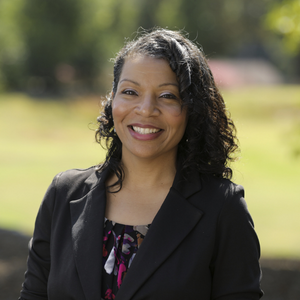
Leslie Garvin
Executive Director, North Carolina Campus Engagement
Research Title: "Disrupting Mis & Dis-Information in the University Setting"
Read and download Leslie’s work
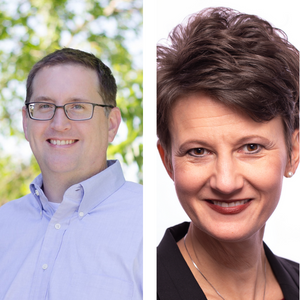
Neal Hutchens & Brandi Hephner LaBanc
Professor of Educational Policy Studies and Evaluation, University of Kentucky; Vice President for Student Engagement and Enrollment Services, Old Dominion University
Research Title: "Social Media: The Real Campus Speech Zone"
Read and download Neal & Brandi's work
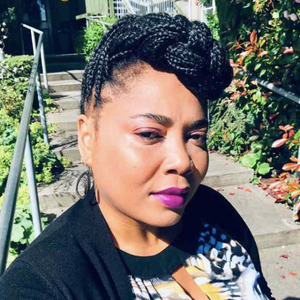
Krystal-Gayle O'Neill
Ph.D. Candidate, Global Governance and Human Security, University of Massachusetts - Boston
Research Title: "'Excuse me, I'm speaking': Reconceptualizing Freedom of Speech Through a Black Feminist Lens"
Read and download Krystal-Gayle’s work
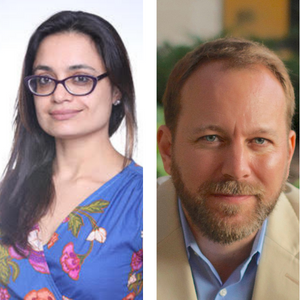
Amna Khalid & Jeff Snyder
Associate Professor, Department of History, Carleton College; Associate Professor, Department of Educational Studies, Carleton College
Research Title: "Anti-CRT Bills Come to Campus: Documenting and Analyzing Emerging Threats to Free Expression and Academic Freedom from State Legislatures"
Read and download Amna & Jeff’s work
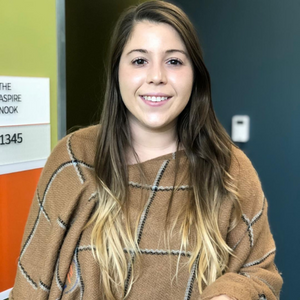
Jacqueline Pedota
Ph.D. Candidate, Educational Leadership and Policy, The University of Texas at Austin
Research Title: "How Faculty Contend with Threats to Academic Freedom and Racial Inclusion"
Read and download Jackie’s work
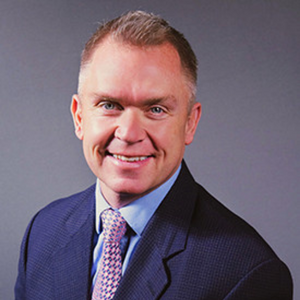
Danny Shaha
Assistant Vice President for Student Affairs, Pennsylvania State University
Research Title: "Universities' Response to Offensive and Bias-Related Speech and Behaviors"
Read and download Danny’s work
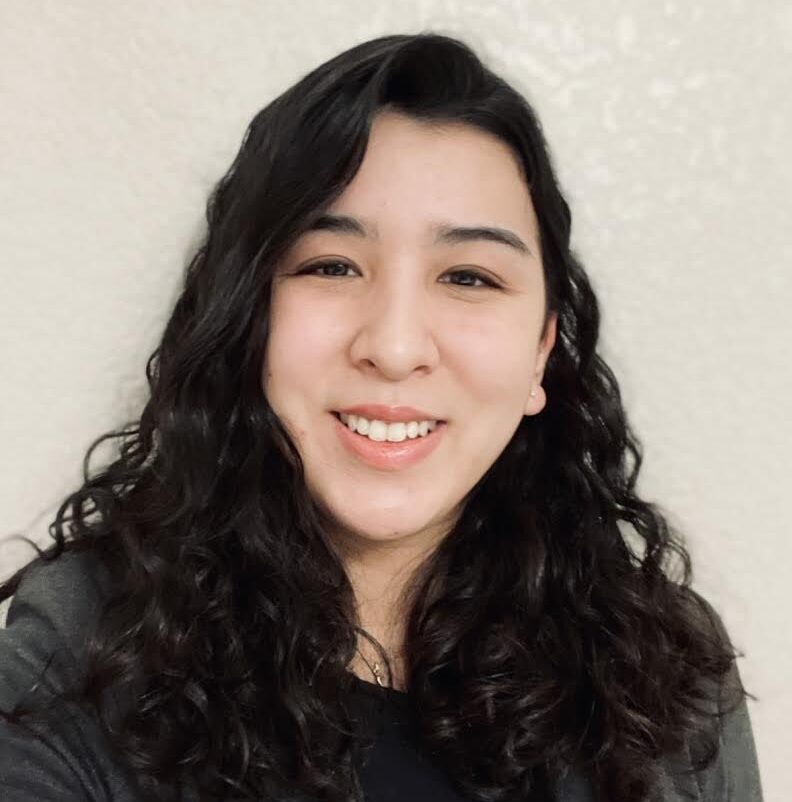
Emma Tolliver
Undergrad Student, English and Political Science - Public Service, UC Davis
Research Title: "Undergraduate Student Advocacy in the University of California System: a Handbook"
Read and download Emma’s work
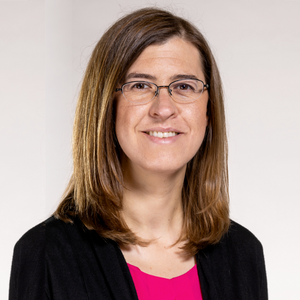
Elizabeth Niehaus - Senior Fellow
Associate Professor, Educational Administration, University of Nebraska - Lincoln
Research Title: "Beyond the Moral Panic of 'Student Self-Censorship'”
Read and download Elizabeth’s work
Event Details
Colleges and universities are often called upon to speak about events taking place inside and outside of the campus community. Deciding if and when to do so is a complicated calculation: who should speak? What should the message say? What will the impact be?
On Tuesday, March 23rd, Cerri Banks, 2020-2021 Center Fellow and dean of students & vice president for student affairs at Skidmore College, and Sigal Ben-Porath, Professor of Education at University of Pennsylvania had a dynamic conversation about these and other questions.
Resources
-
- “Free Speech on Campus” by Sigal R. Ben-Porath
-
Interview with Sigal R. Ben-Porath: “Free speech advocate discusses growing talk of ‘cancel culture’“
- “What Snowflakes Get Right: Free Speech, Truth, and Equality on Campus” by Ulrich Baer
Speakers

Dean of Students and VP for Student Affairs, Skidmore College; 2020-2021 Fellow, UC National Center for Free Speech and Civic Engagement
Dr. Cerri Banks is the dean of students and vice president for student affairs at Skidmore College since August 1, 2016. Previously, she served as vice president for student affairs and dean of the college at Mount Holyoke College in South Hadley, Massachusetts and as the dean of William Smith College at Hobart and William Smith Colleges in Geneva NY.
In her role at Skidmore Banks is responsible for the academic and social progress of students. She oversees 134 employees and all offices in Student Affairs, including athletics, campus life and engagement, health and wellness, residential life, career development, student diversity programs, and student academic services.
Banks received her Ph.D. in Cultural Foundations of Education and a Certificate of Advanced Studies in Women’s Studies, both from Syracuse University and specializes in sociology of education, cultural studies, multicultural education, and qualitative research. Committed to educational reform and issues of inclusion, Banks draws from educational theory, feminist theory, and critical race theory in her work as the dean and in her teaching, research and writing. Her book Black Women Undergraduates, Cultural Capital and College Success (Peter Lang, 2009) expands the theoretical concept of cultural capital and provides practical ways colleges and universities can recognize and utilize the cultural capital of all students. She is also the co-author of the edited text, Teaching, Learning and Intersecting Identities in Higher Education (Peter Lang, 2012). This book utilizes voices of scholars and students from a range of academic disciplines to analyze the ways divergent identities and experiences infiltrate the classroom. Her newest project entitled, “No Justice! No Peace! College Student Activism, Race Relations and Media Cultures” looks at the implications of the changing tides of student activism for college campuses. Banks has produced scores of articles, book chapters, and presentations on culturally relevancy, identity and learning, and other subjects.
Active in key higher-education organizations over the course of her career, Banks has won a wide array of honors, awards, and scholarships. A graduate of Monroe Community College before transferring to Syracuse University, she was inducted into Monroe’s Hall of Fame.

Professor of Education, University of Pennsylvania
Dr. Ben-Porath received her doctorate in political philosophy from Tel Aviv University in 2000. She was awarded two successive Tel Aviv University President’s postdoctoral grants. In 2001-2004, she was a postdoctoral research associate at the University Center for Human Values at Princeton University.
Dr. Ben-Porath has been teaching at Penn GSE since 2004. She is an associate member of the political science department and the philosophy department at Penn. She served as a special assistant to the university president, and as chair of the faculty advisory board to Penn Press. She is executive committee member of the Andrea Mitchell Center for the Study of Democracy. In 2012-2013 she was affiliated with the Safra Center for Ethics at Tel Aviv University, and in 2020-2021 she was a fellow in residence at the Edmond J. Safra Center for Ethics at Harvard.
Dr. Ben-Porath is interested in democratic theory and practice, and studies the ways institutions like schools and colleges can sustain and advance democracy. Her areas of expertise include philosophy of education and political philosophy. Her books include Making Up Our Mind: What School Choice is Really About (2019), Free Speech on Campus (2017) and Varieties of Sovereignty and Citizenship (2012), as well as Tough Choices: Structured Paternalism and the Landscape of Choice (2010) and Citizenship under Fire: Democratic Education in Times of Conflict (2006). She is currently continuing her work on campus free speech, and is researching the promise of civic dialogue in schools and colleges.
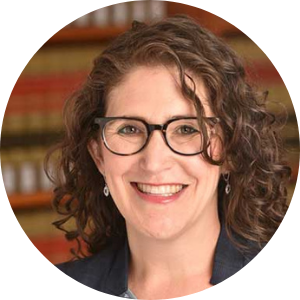
Executive Director, UC National Center for Free Speech and Civic Engagement
Michelle N. Deutchman is the inaugural Executive Director of the UC National Center for Free Speech and Civic Engagement. Formed by the UC Office of the President, the Center explores how the fundamental democratic and academic principles of free speech and civic engagement should enrich the discovery and transmission of knowledge in America’s colleges and universities.
In this role, Deutchman oversees a multidisciplinary national fellowship program and works across all 10 UC campuses to study and shape national discourse about free speech.
Before joining the Center, Deutchman served as Western States Civil Rights Counsel and National Campus Counsel for the Anti-Defamation League (ADL), a non-profit organization that has been a leader in combating bigotry, prejudice and anti-Semitism for over a century. As National Campus Counsel, Ms. Deutchman focused on emerging trends and challenges pertaining to free expression at colleges and universities. She trained campus stakeholders – including administrators and law enforcement – on how to safeguard free speech at universities while simultaneously maintaining a safe and inclusive campus climate.
Deutchman teaches a course on contemporary free exercise issues at UCLA School of Law.
She earned her Juris Doctor from University of Southern California Law Center, where she graduated Order of the Coif. She is a Phi Beta Kappa graduate of University of California at Berkeley and holds a Bachelor of Arts in Political Science.